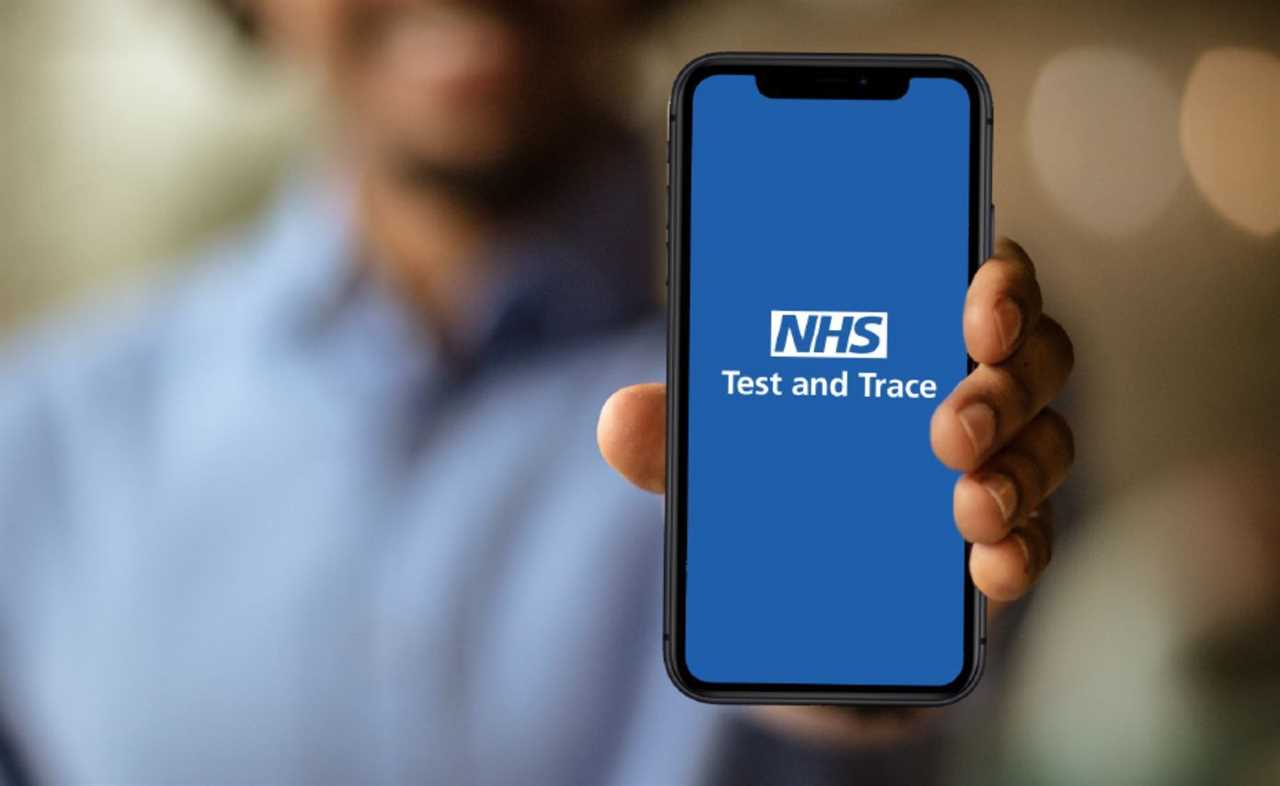TWO thirds of people self-isolating have no symptoms, new data showed yesterday.
The vast majority of Brits stuck at home – estimated at 2million – feel completely fine and may be isolating needlessly while businesses close.

According to the Office for National Statistics, just 34 per cent of people surveyed two weeks ago had symptoms during their isolation.
It is unknown how many of them actually had the virus, as symptoms may be confused with those of a cold or flu.
The NHS Test & Trace app has come under fire for being too sensitive, forcing healthy and fully vaccinated people to cut themselves off.
It ordered a record 520,194 to stay home last week – a 46 per cent rise on the previous seven days – while factories, pubs, hospitals and airports are crippled by staff shortages.
An estimated 577,700 people in England – roughly one per cent of the population – have Covid.
But almost four times as many are currently isolating
While infections are rising, deaths remain “low”, the ONS said.
Another 51,870 cases of the virus were recorded in the UK yesterday but only 49 deaths – less than Thursday’s 63.
England’s R rate – the speed at which the virus is spreading – remained stable at 1.2 to 1.4.
It means every 10 people with the virus goes on to infect 12 to 14 others.

Read our coronavirus live blog for the latest updates
Nearly a third (28 per cent) of those in isolation said it had caused them to lose income, and even more (37 per cent) said it had a negative effect on their well-being and mental health.
Happiness levels are also down nationally while anxiety is up.
Most of those isolating (89 per cent) are sticking to the rules, including 94 per cent of people with symptoms and 86 per cent of those without.
Tim Gibbs, of the ONS, said: “With restrictions easing further, it is important we continue to monitor the behaviour of those required to self-isolate.”
The ONS added two-thirds (64 per cent) of adults plan to continue wearing a face covering in shops and on public transport after restrictions end.
Going on holiday abroad is the thing people are looking forward to most.
Feelings about vaccines remain positive, with 95 per cent of adults saying they either had one or would be likely to have one if offered.






